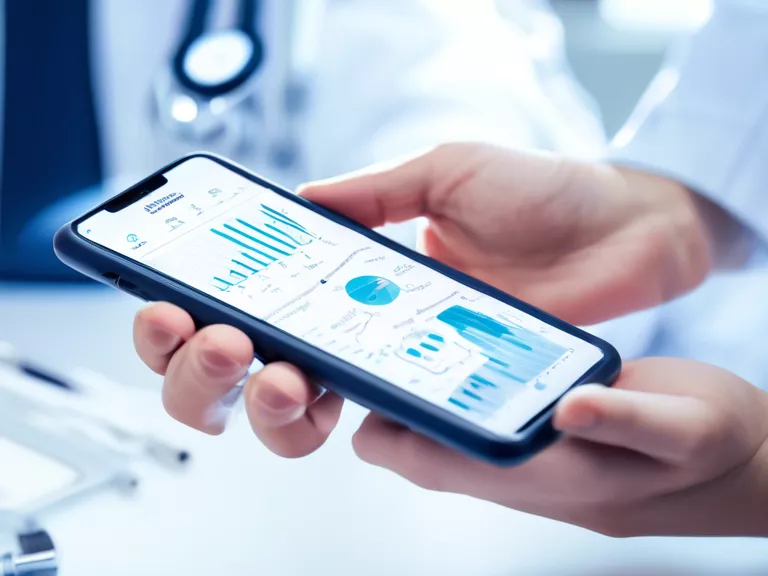
Mobile health apps are changing the landscape of preventive care by leveraging data analytics to provide personalized and proactive healthcare solutions. These apps collect user data and use advanced analytics to identify potential health risks, track progress, and offer recommendations for healthier living. This article explores how mobile health apps are transforming preventive care through data analytics.
One of the key benefits of mobile health apps is the ability to collect real-time data on user behavior, such as physical activity, sleep patterns, and dietary habits. By analyzing this data, the apps can provide insights into potential health risks, such as obesity, diabetes, or cardiovascular disease. Users can then take proactive steps to address these risks, such as increasing exercise, improving diet, or getting regular check-ups.
Another advantage of mobile health apps is their ability to track progress over time. Users can input data on their health goals, such as weight loss or blood pressure reduction, and the apps will track their progress towards these goals. This feedback loop motivates users to stay on track and make healthier choices.
In addition to monitoring individual health metrics, mobile health apps can also offer personalized recommendations for healthier living. By analyzing user data and trends, the apps can provide tailored suggestions for diet, exercise, and lifestyle changes. For example, if a user is not getting enough sleep, the app may recommend setting a bedtime routine or limiting screen time before bed.
Overall, mobile health apps are revolutionizing preventive care by harnessing the power of data analytics to empower users to take control of their health. By providing real-time data insights, tracking progress, and offering personalized recommendations, these apps are helping individuals make informed decisions about their health and well-being.



